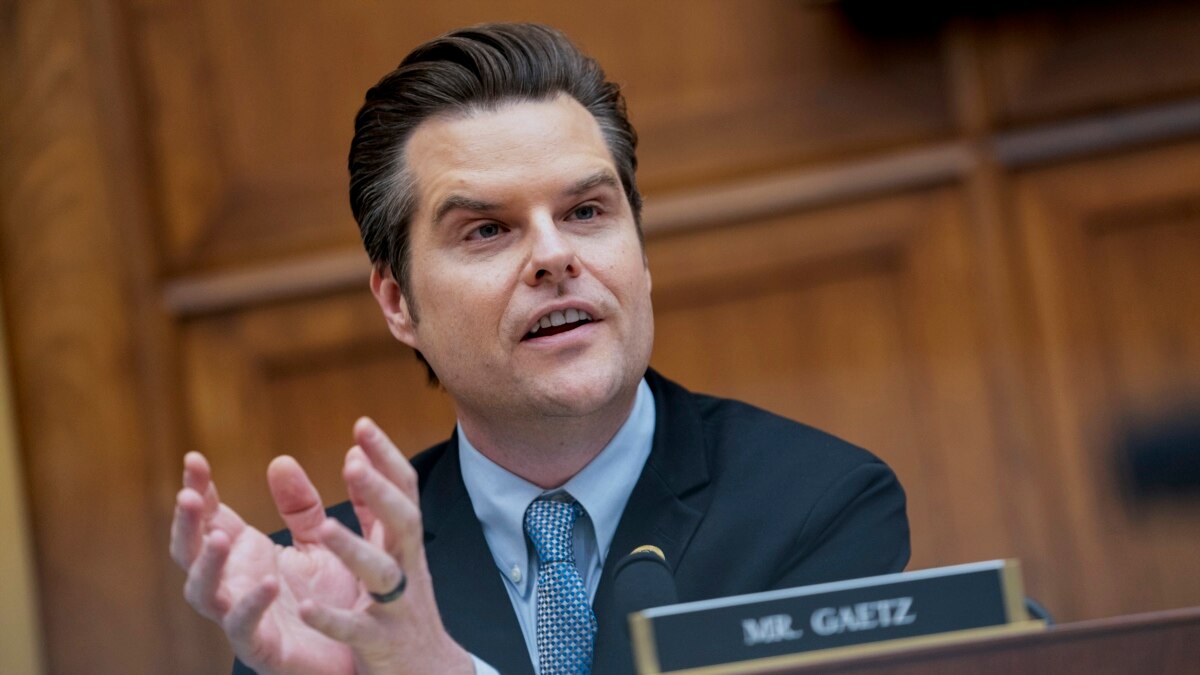An International Monetary Fund (IMF) team, led by Laura Jaramillo, conducted constructive and fruitful discussions with Somali authorities in Nairobi from March 7 to 14, 2023, and reached a staff-level agreement on the fifth review under the Extended Credit Facility (ECF) arrangement. In attendance were, the Minister of Finance, the Minister of Planning, the Central Bank Governor as well as other government officials, and development partners.
The discussions were concluded with a statement from Ms. Jaramillo, in which she highlighted Somalia’s acute food insecurity due to persistent drought. She commended the authorities’ response to this crisis, which includes identifying the most affected areas, mobilizing external funding, and coordinating with the UN system on the delivery of humanitarian assistance. She also noted that close to 7.3 million people are getting some form of assistance, thanks to donor support.
In addition, the group noted that Somalia is making progress under the ECF-supported program and towards the HIPC Completion Point triggers. Consequently, The HIPC Completion Point appears achievable by 2023.
However, despite the country’s efforts in mitigating the effects of drought, it was noted that if the rainy season does not come this year and financing of humanitarian support is not adequate, half of Somalia’s population would face acute food insecurity by June 2023.
Subsequently, the country’s GDP growth was estimated to have dropped by 1.7% in 2022 and was projected to drop by 2.8% in 2023. This was attributed to the prolonged drought and subdued remittance inflows.
Furthermore, Jaramillo mentioned, that the average inflation in the country reached 6.8% in 2022 due to high food and fuel prices, and it is expected to decline to 4.2 percent in 2023 as commodity prices recede. However, near-term risks remain elevated, including a worsening of the food crisis if healthy rains do not resume in 2023 or if commodity prices rise further.
On their end, the Somalia authorities present during discussions reiterated their commitment to improving revenue collection and making room for priority spending while containing discretionary expenditure pressures. In that vein, they stated that they would submit to Parliament a Supplementary Budget for 2023 that presents a balanced fiscal position based on realistic revenues. The Supplementary Budget will accommodate expenditure that is supportive of growth, security, and development such as, including security sector compensation and provisions and the hiring of new teachers. Any other discretionary spending will be scaled back. Nonetheless, they still stressed the importance of external budget support.
On domestic revenue mobilization, the Somali authorities highlighted key ongoing reforms on customs modernization, a new income tax law, and increasing revenue collection from large businesses, including the telecom sector. On top of that, they said that public financial management has been strengthened, and improvements are ongoing on integrating all employees in the payroll system, fiscal reporting, procurement, and management of non-financial assets. Progress has also been made on the petroleum sector’s legal framework.
Similarly, the Central Bank of Somalia pointed out its role in advancing institutional governance and financial sector reforms. The CBS stated that it will continue to enhance the regulatory framework and strengthen its capacity in risk-based supervision, including through legislation and preparation of risk-based prudential regulations. Moreover, the bank declared that it has taken important steps to address money laundering/financing of terrorism risks, including the recent enactment of the Targeted Financial Sanctions Law.
The IMF team commended the recent approval by Parliament of several key pieces of legislation and the debt relief agreements reached with most Paris Club members and the Kuwait Fund for Arab Economic Development (KFAED). They also applauded the government on its progress toward HIPC completion.
Finally, Jaramillo, called for timely financing and capacity development support from development partners for the successful implementation of the Somalia authorities’ reform strategy, as determined by the team’s extensive discussions.
It was also observed that contributions from Somalia’s partners to the Somalia Country Fund are critical to ensure the smooth delivery of IMF technical assistance to support the goals of the ECF-supported program and the HIPC Initiative.









